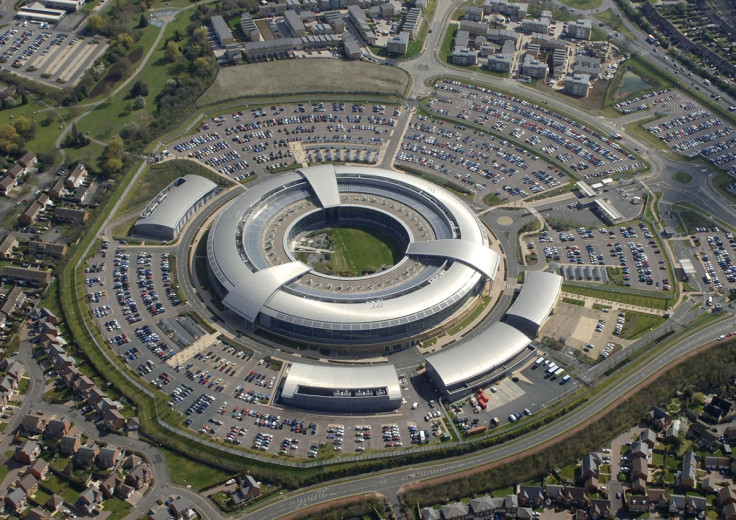GCHQ boss: Technology firms should be working in collaboration with UK cyber spooks

GCHQ boss Robert Hannigan has called for increased collaboration between major technology industry players and the UK intelligence services.
In a speech given at MIT on 8 March, Hannigan, who has led the spy agency since 2014, said he remains committed to working alongside "the tech sector, academia, civil society and government" to establish a working relationship that brings together expertise from all areas. "We recognise that we need a new relationship," he said. "We should be trying to bridge the divide, sharing ideas and building a constructive dialogue in a less highly-charged atmosphere."
To achieve this, Hannigan said he had "no doubt" that a new forum will need to be created to help enhance the relationship and revealed that UK prime minister David Cameron will be setting out how the UK will "facilitate this dialogue on our side of the water" in the coming months.
The speech comes amid raised tensions caused by the ongoing dispute between Apple and US law enforcement at the FBI over attempts to force the unlocking of an iPhone 5C recovered after the San Bernardino terrorist attack last year.
Additionally, mounting disclosures from former-NSA-contractor-turned-whistleblower Edward Snowden have significantly altered the working relationship between major tech firms and cyber spooks at GCHQ since their release 2013.
This growing distrust of the government agency comes after documents released as part of the stolen Snowden trove revealed that UK spies had developed sophisticated methods to snoop on the encrypted traffic of firms like Facebook, Yahoo and Google. Previously, Snowden claimed that GCHQ is "worse" than the NSA when it comes to snooping on global communications.
Yet, referencing the 'encryption debate' Hannigan maintained he does not believe weakened protection is the answer – yet indicated it may happen regardless of the long-term ramifications.
"The solution is not, of course, that encryption should be weakened, let alone banned. But neither is it true that nothing can be done without weakening encryption," he asserted. "I am not in favour of banning encryption just to avoid doubt. Nor am I asking for mandatory backdoors. I am puzzled by the caricatures in the current debate, where almost every attempt to tackle the misuse of encryption by criminals and terrorists is seen as a 'backdoor'.
However, the UK's official position on encryption has remained murky and ill-defined. The last draft of the Investigatory Powers Bill, also referred to as the Snoopers' Charter, included proposals that would force service providers to give law enforcement access to decrypted communications when it is "technically feasible" to do so.
This, from the perspective of major players in the technology industry that offer 'end-to-end' encrypted products, has remained a point of confusion.
"No-one in the UK government is advocating the banning or weakening of encryption," Hannigan attempted to clarify. "Defining what is reasonable and practical of course immediately engages proportionality. Does providing the data in clear endanger the security of others' data? The unwelcome answer which dissatisfies advocates at both ends of the spectrum is: it depends. Not everything is a back door, still less a door which can be exploited outside a legal framework, so it really does depend."
© Copyright IBTimes 2025. All rights reserved.






















